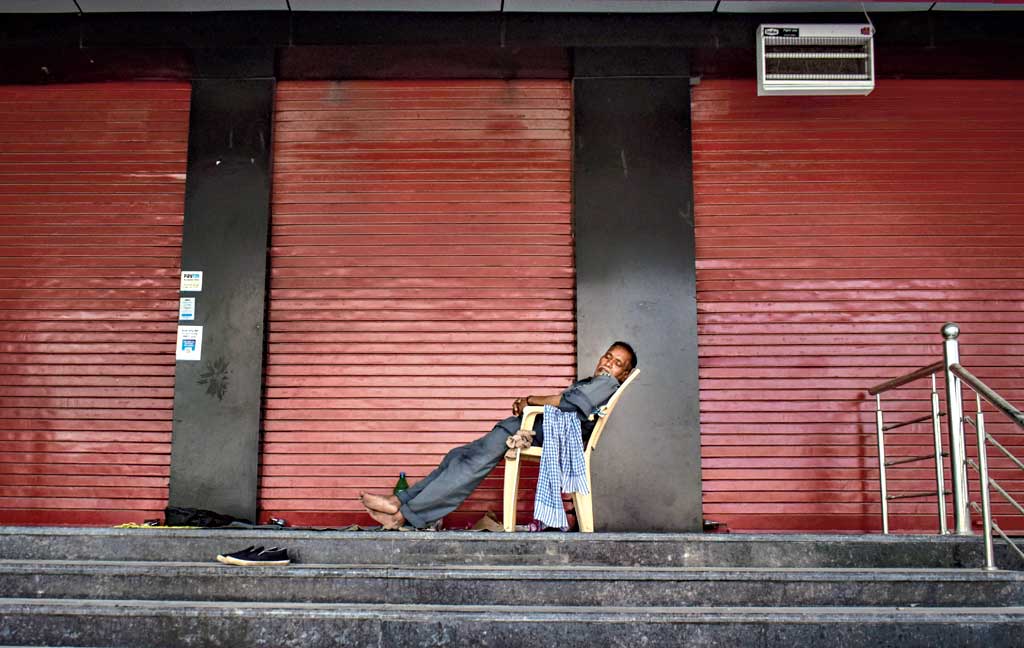The consumer durable industry expects a 30 per cent decline in business on account of the lockdown affecting sales in the first quarter. A recovery in the second half of the fiscal will depend on the demand and liquidity conditions of both individuals and industry.
The consumer appliances industry is estimated at around Rs 75,000 crore, of which around 80 per cent come from air-conditioners, refrigerators, coolers and freezers. Sales of these items in the first quarter comprise 36 per cent of the total sales, driven by the seasonal summer demand.
“April was a total washout. A large part of the sales in May would also be impacted on account of the restrictions. Even if things start to open up, the local authorities may not allow full-fledged operations. June sales will also not be normal. We foresee industry de-growing around 30 per cent plus,” said Kamal Nandi, business head and EVP, Godrej Appliances, and president of the Consumer Electronics and Appliances Manufacturers Association.
According to industry analysts, benign demand, inventory management and tight liquidity conditions are among the key challenges for the industry even as production resumes in certain parts of the country.
“The demand scenario is expected to remain grim in the first half of 2020-21 for both B2B and B2C segments,” Emkay Global said in a report, adding that a key factor to watch out in the next 12 months is liquidity conditions that can have an impact on working capital of both distribution channels and receivables of companies.
Moreover, industry anticipates discretionary spending to be limited. “We believe that the whole sector will come back to normal in the second half. But the challenge is there is a lot of distress in terms of overall earnings among consumers. This will impact discretionary spending in a big way,” said Nandi.
The manufacturing process will likely to restart in a phased manner. “The pipelines of all brands now are full of stock because we had to close operations mid of March and the entire production is there on the warehouses. Raw material is also there in plants. Once we resume operations, plants are likely to start with less capacity. The priority is to start service and retail and then only manufacturing will start. If there are no sales, there is no point running plants,” Nandi said.
The sector is also heavily dependent on components sourced from China, but anticipates no short-term impact at the moment because of existing inventory in warehouses and raw material stock at factories.











